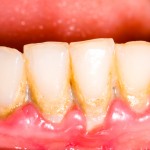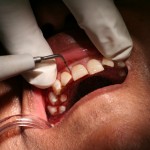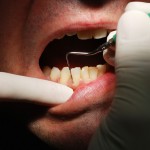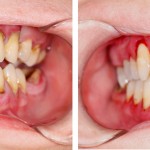
This Cochrane review of the effects of periodontal treatment on glycaemic control in people with diabetes mellitus and periodontitis updates the 2015 version. The earlier conclusions have changed and there is now moderate‐certainty evidence that periodontal treatment using subgingival instrumentation improves glycaemic control in those with periodontitis and diabetes.
[read the full story...]


